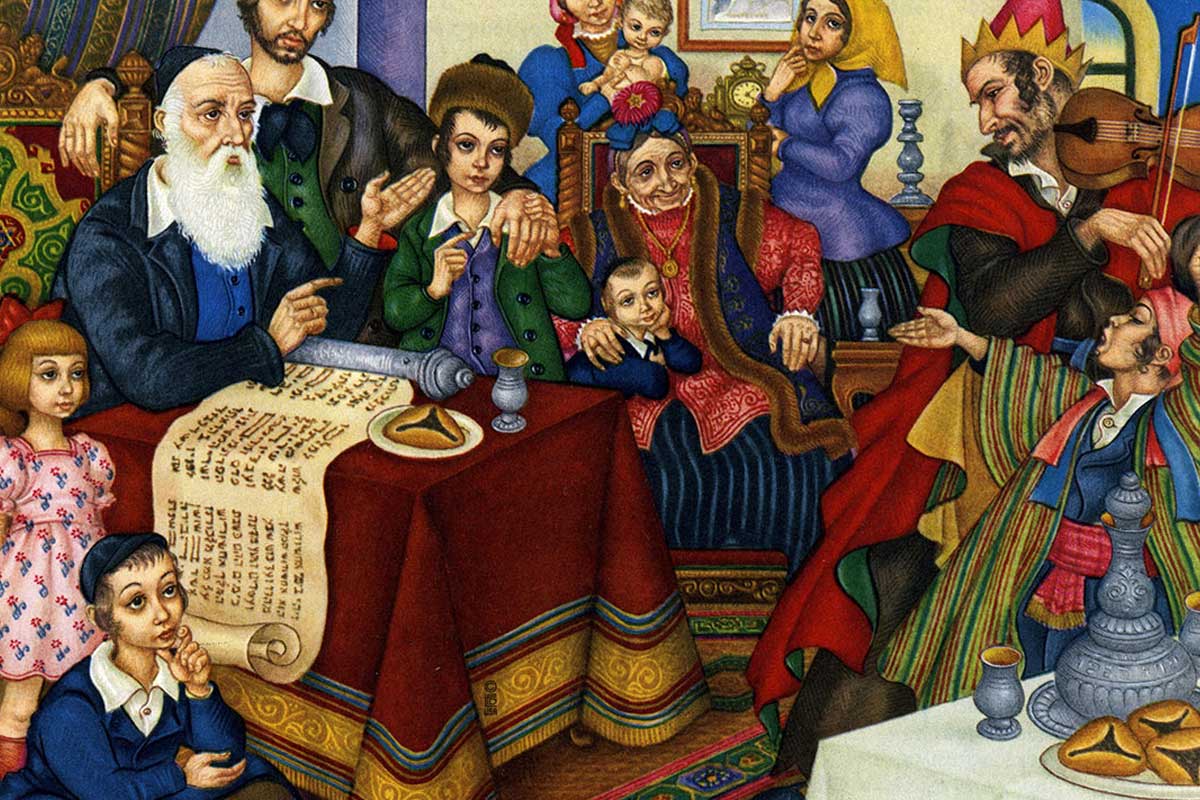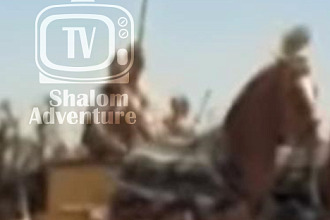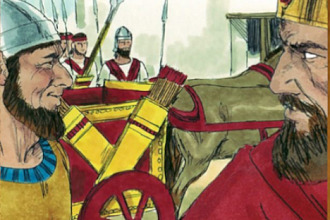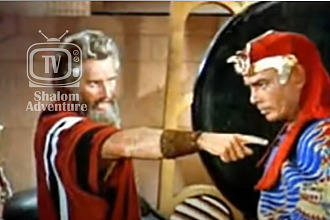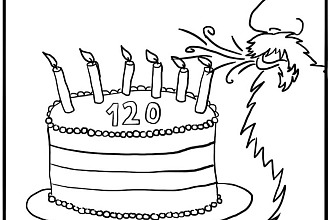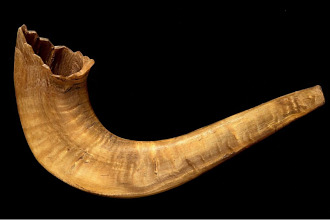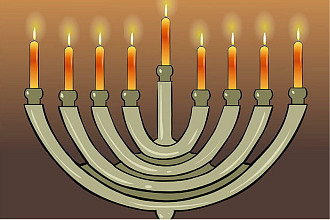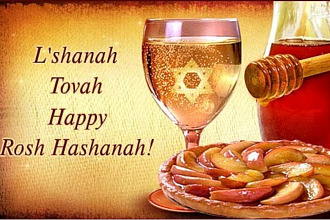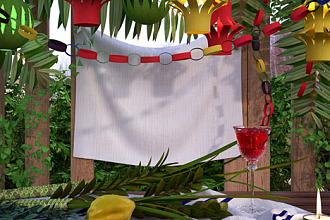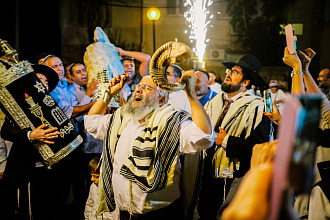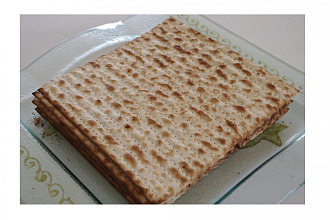Purim is a joyous occasion, but it has dramatic origins. The book of Esther tells us a story about the Jewish diaspora and Jewish life in the Persian Empire. Although king Cyrus fulfilled the prophecy and allowed the Jews to return to the Holy Land and to rebuild the Temple and Jerusalem, people could have responded more enthusiastically. The books of Ezra and Nehemiah describe challenges and hardships of a relatively small group of faithful men and women who decided to obey Elokhim and to restore the state of their forefathers.
Reluctance to Participate in Restoration
The larger group refused to move and to participate in the restoration.
What was the reason for that?
Although the answer to this question is complex, we may single out the main motive: a comfortable life. Judea was not the best and safest place to live in, whereas the empire and especially its centers were under protection of thick city walls and countless trained troops. The Persian economy was not perfect; however, it was much stronger than the economy of Judea. Residing in one of the Persian cities was comparable to living in Austin or Boston. Dwelling in Judea was like being residents of the third world countries. Thus, the empire was economically attractive and inspired a sense of safety.
Esther’s drama began in Susa, a city which under Cyrus became a powerful financial and political center. Susa was one of four capitals of the empire. Can you imagine a place safer than Susa? Can you imagine a place better than Susa? A seemingly apparent answer to this question breaks like a fragile crystal vase as soon as Aman comes to the stage. Not only the capital city, but the entire empire abruptly becomes a forerunner of Auschwitz. Because of a whim of a paranoiac psychopath, all achievements and hopes of the Jewish people were destroyed and the entire nation was put into jeopardy.
Should we blame those who decided to choose a comfortable life? It would not be a wise decision for obvious reasons. A better option would be learning some lessons, and probably the most important lesson is about true safety.
Adonai’s safety is not like this world’s safety. Elokhim’s safety may look like danger, His directions may cause adversity and deprivation but nevertheless it is still Elokhim’s security.
Persian safety may look attractive, the empire’s advantages may seem beneficial; however, it is nothing but danger in disguise.

